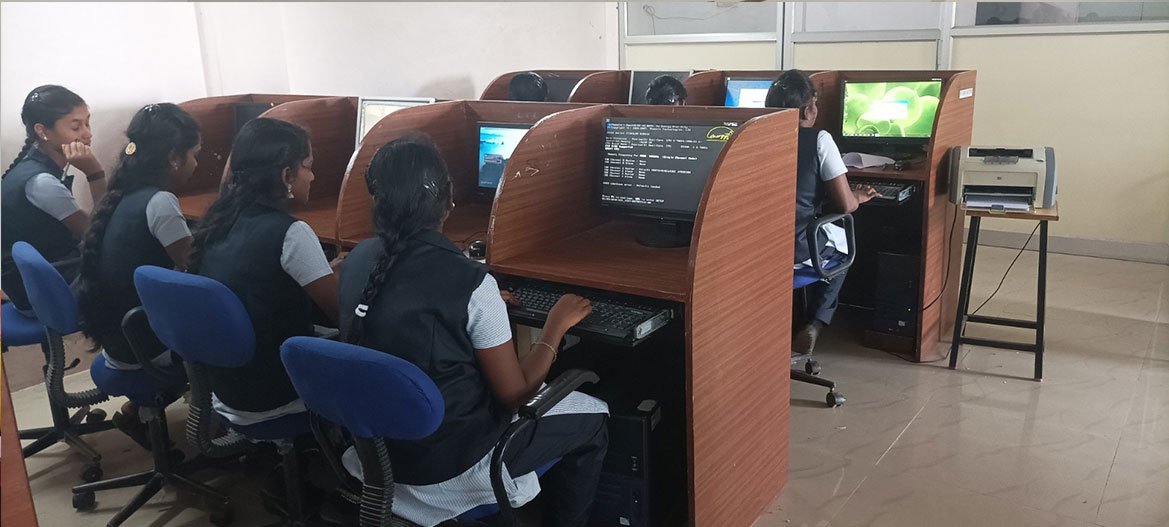
Course Details:
Engineering Mathematics:
Basic mathematical principles applied to engineering problem-solving.
Engineering Physics:
Fundamentals of physics with a focus on computer engineering applications.
Engineering Chemistry:
Introduction to chemistry principles relevant to computer engineering.
Engineering Graphics:
Basics of engineering drawing, including projections and dimensioning.
Basic Electrical Engineering:
Introduction to electrical circuits, laws, and principles.
Basic Electronics:
Fundamental concepts of electronic components and circuits.
Digital Electronics:
Study of digital circuits, logic gates, and digital systems.
Computer Programming:
Introduction to programming languages and basic coding principles.
Data Structures:
Study of data organization and storage methods.
Database Management Systems:
Introduction to database concepts and management systems.
Computer Networks:
Basics of computer networks and communication protocols.
Operating Systems:
Study of operating system concepts and functions.
Web Programming:
Introduction to web development technologies and languages.
Object-Oriented Programming:
Concepts and principles of object-oriented programming.
Software Engineering:
Basics of software development methodologies and practices.
Cyber security:
Introduction to cybersecurity principles and practices.
Industrial Training:
Practical training in an industrial setting to gain real-world experience.
Project Work:
Undertaking a project to apply learned concepts and develop problem-solving skills.
Career Opportunities:
Software Developer/Engineer:
Designing, coding, testing, and maintaining software applications.
Web Developer:
Creating and maintaining websites and web applications.
System Analyst:
Analyzing and improving computer systems for organizations.
Database Administrator:
Managing and maintaining databases for efficient data storage.
Network Administrator:
Configuring and managing computer networks.
Cybersecurity Analyst:
Protecting computer systems and networks from cyber threats.
IT Support Specialist:
Providing technical support for hardware and software issues.
Quality Assurance Engineer:
Ensuring the quality of software through testing and validation.
Mobile App Developer:
Designing and developing applications for mobile devices.
Systems Developer:
Creating and maintaining integrated computer systems.
UI/UX Designer:
Designing user interfaces and experiences for software applications.
Computer Hardware Engineer:
Designing and developing computer hardware components.
Project Manager (IT Projects):
Overseeing and managing IT projects from conception to completion.
Technical Consultant:
Providing specialized technical advice to clients.
Entrepreneur:
Starting a business in software development or IT services.
Data Analyst:
Analyzing and interpreting complex data sets for decision-making.
Game Developer:
Creating and designing video games and interactive simulations.
A Diploma in Computer Engineering equips individuals with the knowledge and skills to work in various domains of the IT industry. Graduates have opportunities to contribute to software development, system maintenance, cybersecurity, and other aspects of the rapidly evolving world of technology.